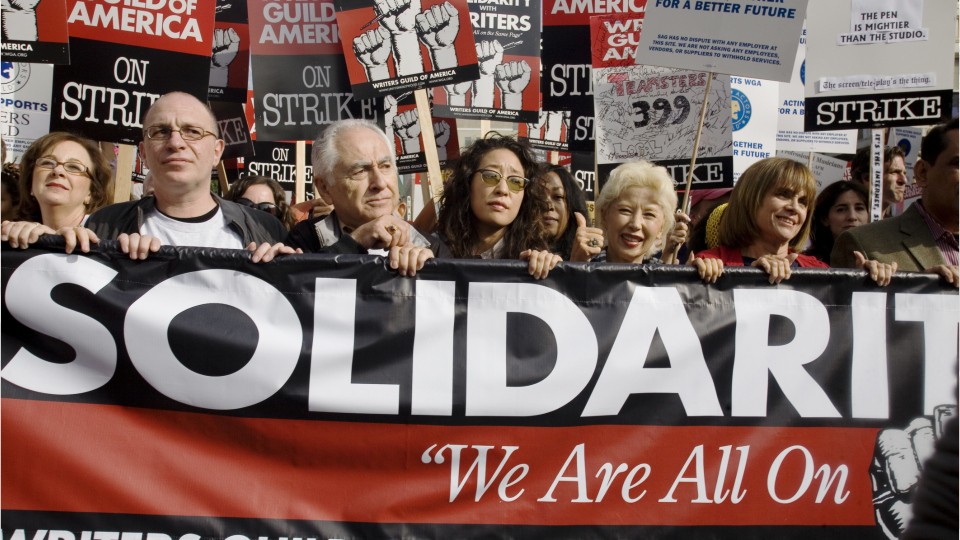Labor Relations Specialists
Business Agent, Business Representative, Labor Relations Specialist, Labor Specialist
What they do:
Resolve disputes between workers and managers, negotiate collective bargaining agreements, or coordinate grievance procedures to handle employee complaints.
On the job, you would:
- Negotiate collective bargaining agreements.
- Investigate and evaluate union complaints or arguments to determine viability.
- Propose resolutions for collective bargaining or other labor or contract negotiations.
Knowledge
Business
- human resources (HR)
- management
Arts and Humanities
- English language
Safety and Government
- law and government
Skills
Basic Skills
- listening to others, not interrupting, and asking good questions
- talking to others
Problem Solving
- noticing a problem and figuring out the best way to solve it
Social
- bringing people together to solve differences
- talking people into changing their minds or their behavior
Abilities
Verbal
- communicate by speaking
- listen and understand what people say
Ideas and Logic
- notice when problems happen
- make general rules or come up with answers from lots of detailed information
Personality
People interested in this work like activities that include leading, making decisions, and business.
They do well at jobs that need:
- Self-Confidence
- Perseverance
- Stress Tolerance
- Self-Control
- Social Orientation
- Integrity
Technology
You might use software like this on the job:
Enterprise resource planning ERP software
- Oracle PeopleSoft
- Workday software
Presentation software
- Microsoft PowerPoint
Human resources software
- Micropact entellitrak Labor Relations Edition
- Oracle HRIS
Education
Education: (rated 4 of 5)
Job Outlook
Below Average
New job opportunities are less likely in the future.
Explore More
- Arbitrators, Mediators, & Conciliators
- Compensation, Benefits, & Job Analysis Specialists
- Equal Opportunity Representatives & Officers
- Human Resources Managers
- Human Resources Specialists
You might like a career in one of these industries:
See more details at O*NET OnLine about Labor Relations Specialists.






